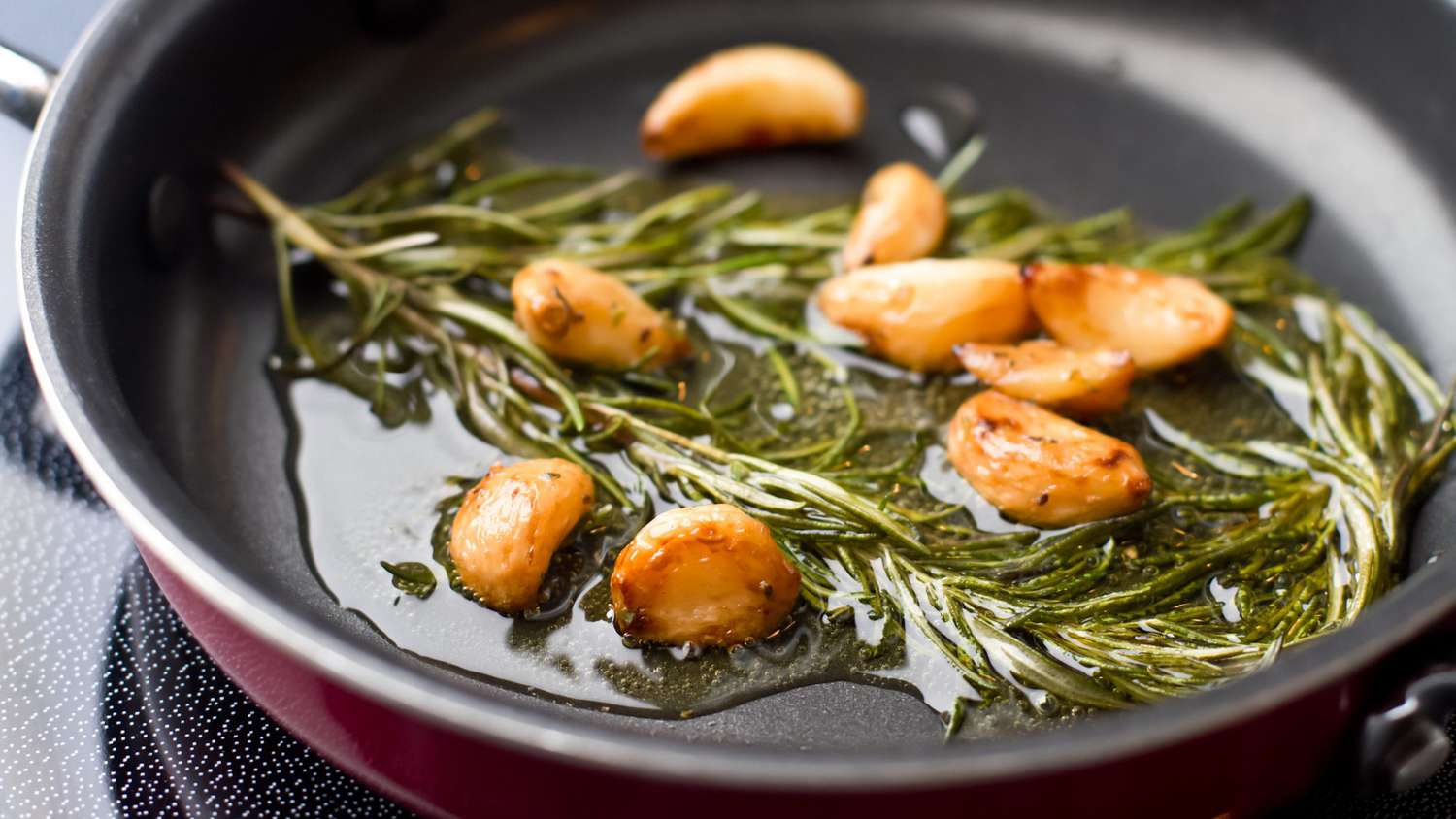If you've ever wondered 'what is almond oil good for?', you're about to discover its amazing versatility. Almond oil is a nutrient-rich product celebrated for its benefits across cooking, health, and beauty. From kitchen connoisseurs to wellness enthusiasts, this oil has won many hearts. In this article, well dive deep into the various applications of almond oil, its benefits, and the science behind it.

The Nutritional Profile of Almond Oil
Almond oil is derived from raw almonds through cold pressing or heat extraction. It is rich in essential nutrients such as vitamin E, omega fatty acids, and antioxidants. These nutrients make it a powerhouse in the world of health and wellness.
Why Vitamin E Matters
Vitamin E is a potent antioxidant that helps protect cells from oxidative damage, reducing the risk of chronic diseases and supporting skin health. For more information on the importance of vitamin E, check out this Healthline article.

Health Benefits of Almond Oil
Almond oil isn't just another cooking ingredient; it offers numerous health benefits. Its nutrient-rich profile makes it excellent for heart health, weight management, and even diabetes control.
Heart Health
The high concentration of monounsaturated fats in almond oil helps reduce bad cholesterol levels, thereby promoting heart health. Studies suggest that regular consumption can lower the risk of heart disease.
Diabetes Management
Almond oil can help in maintaining blood sugar levels. Its low glycemic index and high levels of healthy fats make it an excellent option for people managing diabetes.
Weight Management
Despite being calorie-dense, almond oil can aid in weight management. Its healthy fats promote a feeling of fullness, reducing overall calorie intake. Learn more about healthy fats in this WebMD article.

Almond Oil in Cooking
Almond oil is a staple for many professional chefs due to its mild flavor and high smoke point.
High Smoke Point
One of the standout features of almond oil is its high smoke point of about 430F (221C). This makes it suitable for frying, sauteing, and baking without degrading its nutritional content.
Versatility in Dishes
Almond oil can be used in both savory and sweet dishes. Its slightly nutty flavor enhances salads, dressings, and even desserts.

Beauty Benefits of Almond Oil
Almond oil is a common ingredient in the beauty industry due to its moisturizing and anti-inflammatory properties.
Skin Moisturization
Rich in vitamin E and fatty acids, almond oil provides deep moisturization, making skin softer and more supple. For a DIY skincare routine using almond oil, read this Medical News Today guide.
Hair Health
Almond oil nourishes the scalp and promotes hair growth. Its anti-inflammatory properties also help reduce dandruff and scalp irritations. Explore more about healthy hair in our Hair Care Tips article.
Conclusion
So, what is almond oil good for? The answer is almost everything! From promoting heart health and managing diabetes to enhancing your cooking and taking care of your skin and hair, almond oil is a versatile, nutrient-rich gem. For tips on keeping a clean kitchen while experimenting with almond oil, check out this Olives for Dinner guide.
FAQs
Is almond oil suitable for all skin types?
Yes, almond oil is suitable for all skin types. However, it is always best to do a patch test before applying it extensively.
Can almond oil be used for cooking at high temperatures?
Yes, almond oil's high smoke point makes it ideal for cooking at high temperatures. Learn more in our Cooking Guide.
Is there a difference between sweet almond oil and bitter almond oil?
Yes, sweet almond oil is typically used for cooking and skincare, while bitter almond oil is often used in small quantities for its fragrance. Check out our Almond Oil Types article for more details.
As an Amazon Associate, I earn from qualifying purchases.






Leave a comment
This site is protected by hCaptcha and the hCaptcha Privacy Policy and Terms of Service apply.